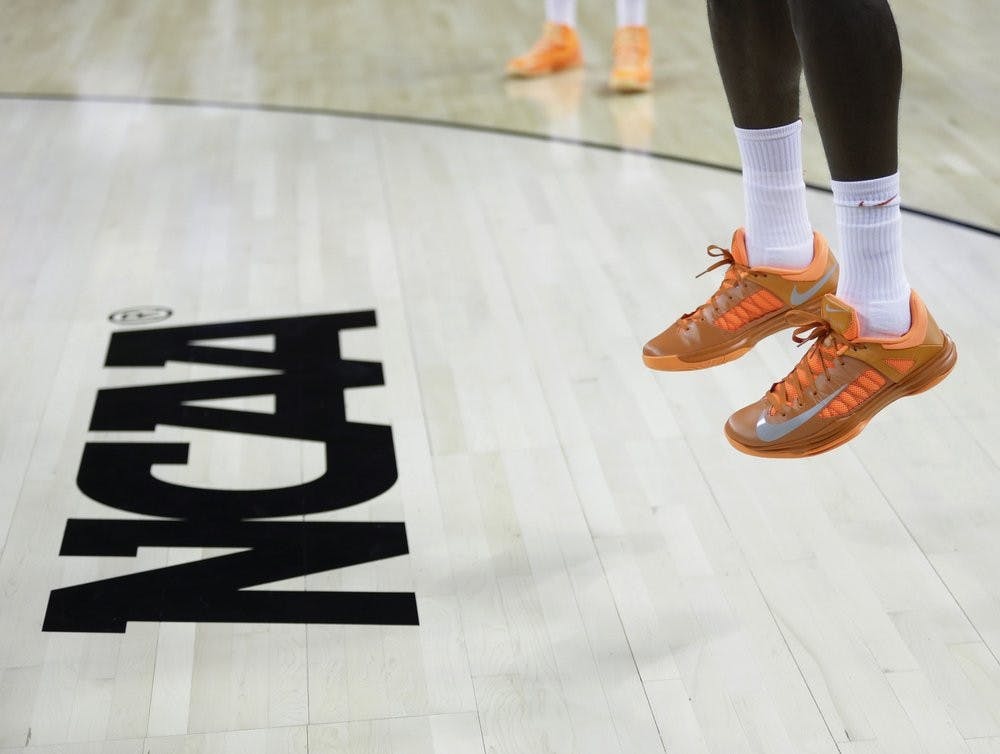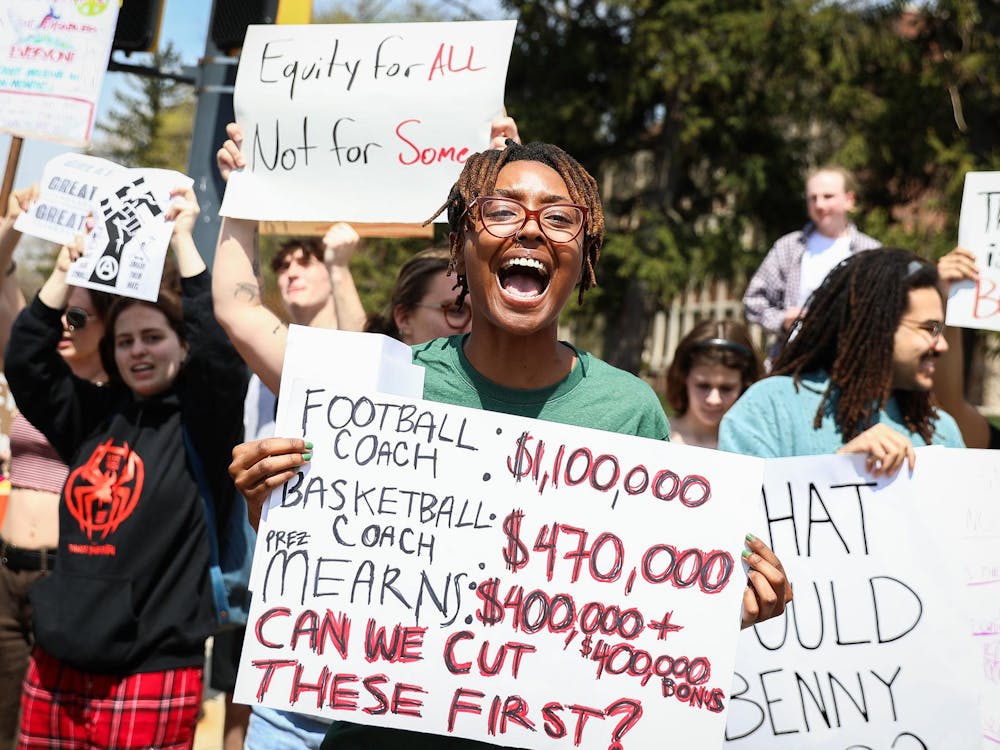Calvin Scott is a third-year media major. His views do not necessarily reflect those of the Ball State Daily News.
Name, Image, and Likeness (NIL) is officially becoming a problem within the atmosphere of college athletics. Stories are coming out against programs not fulfilling their end of the deal as far as financial compensation and it is starting to make NIL a clear antitrust violation
I have no problem with the NIL idea. I believe it should have been in place decades ago, but a storm is brewing within the NCAA that is bringing the wrong attention to college sports.
I don't believe the current NIL restrictions that were put in place by the NCAA are permissible under existing antitrust laws.
There have been too many scenarios across the NCAA where student-athletes are getting the short hand of the stick due to verbal agreements and handshake deals. This causes problems later on down the line such as what transpired in Las Vegas earlier this fall.
The University of Nevada, Las Vegas (UNLV) Rebels football program started the college football season 3-0 as they were led by Holy Cross transfer quarterback Matthew Sluka. Out of the blue, Sluka announced that he would sit out the rest of the season due to a $100,000 NIL payment that was promised to him for agreeing to transfer from Holy Cross to UNLV.
It turns out the promise was made by a UNLV assistant coach and Sluka that never ended up reaching a paper and pen. The school didn't want to pay Sluka because they thought it would violate the NCAA pay-to-play rules.
With the new addition of NIL to the NCAA, student-athletes are literally getting paid to play at big-name programs with a lot of revenue. Some high school recruits are signing with certain schools just because they have the richest boosters that will offer them the most money through sponsorships so they can have the biggest NIL evaluation coming in, turning the NCAA into a bidding war.
The bottom line is whoever has the most money will attract and sign the best players coming out of high school and the transfer portal.
Georgia’s redshirt freshman quarterback Jaden Rashada, who transferred from Arizona State, is suing Florida’s head coach Billy Napier and others in the program because he was promised almost $14 million in NIL earnings. After signing, the school informed him that they would use that money for other ‘business opportunities’.
After that deal fell through, Rashada requested a release from the program, which was granted.
It doesn't make anything better that Florida allegedly swayed Rashada out of a $9 million NIL deal from the University of Miami with the $14 million NIL deal.
The system is getting too out of control and it is not just with these big-name programs. It goes both ways, even with the student-athletes.
Part of the problem with NIL is its conjunction with the transfer portal.
In the NFL, a first-round draft pick will receive a five-year guaranteed contract along with a slotted salary. In the NCAA, a five-star recruit can sign a huge NIL deal as a senior in high school and after their freshman year they can just leave and transfer to the next highest bidder.
If all of this keeps going on like this it will be a problem for college sports fans, college athletic programs, student-athletes, colleges themselves and the NCAA.
The NCAA needs to form a collective bargaining agreement just as the professional leagues do along with a salary cap of some sort that is put in place for all the power conferences as they are where the most money — and most problems — are coming from.
NIL needs some rules and regulations that can settle the potential risk of lawsuits and violations throughout the entire NCAA. It is getting to a point where we are going to see more stories such as Rashada and Sluka in the near future if the NCAA doesn't get a grip on this ongoing conflict.
Contact Calvin Scott via email at calvin.scott@bsu.edu or on X @CalvinAJScott.





